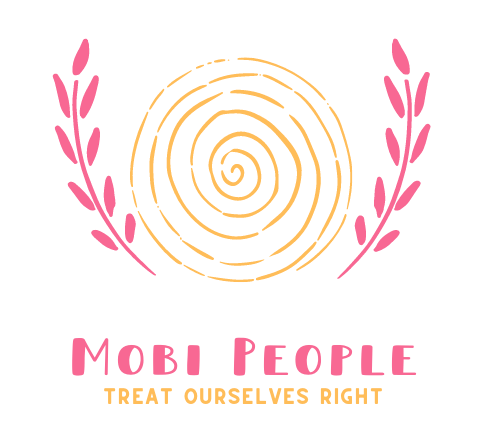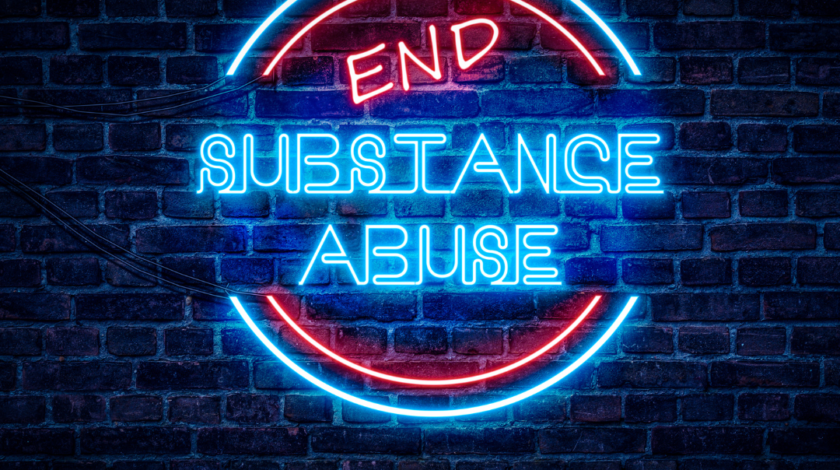Addiction is a silent killer that can destroy lives and families. It is a complex disorder that affects millions of people worldwide, yet it remains one of the least understood and most stigmatized health issues. Substance abuse disorder not only affects individuals but also their loved ones who suffer from its devastating consequences.
In this blog post, we will explore what substance abuse disorder is, how it manifests, and ways to better understand addiction to help those affected by it find the help they need to reclaim their lives.
What is Substance Abuse Disorder?
According to the National Institute on Drug Abuse, substance abuse disorder is a chronic, relapsing brain disorder marked by compulsive drug use and seeking, despite negative effects. It is a complex condition that requires more than just willpower to overcome.
Substance abuse disorder can cause serious and even life-threatening problems. For instance, those struggling with alcohol addiction may face liver damage, and cognitive impairment. Cocaine users may grapple with cardiovascular issues, paranoia, and severe mood swings, while individuals addicted to methamphetamine may experience dental problems, hallucinations, and psychosis. Similarly, individuals addicted to opioids may experience intense cravings, withdrawal symptoms, and a heightened risk of overdose, especially when exposed to a hot dose – a particularly potent batch of the drug. Understanding these details is necessary in comprehending the profound impact that substance abuse disorder can have on individuals and their families.
Additionally, it can damage relationships, lead to financial ruin, and cause health problems. People with substance abuse disorder often struggle with other mental health disorders as well, which can make recovery even more difficult.
If you or someone you know is struggling with substance abuse disorder, don’t wait to get help. There are many effective treatments available that can help people recover and live healthy, fulfilling lives.
Signs and Symptoms of Substance Abuse Disorder
While the signs and symptoms of substance abuse disorder can vary depending on the type of substance involved, there are some common red flags to be aware of. If you or someone you love is struggling with substance abuse, it’s important to be able to recognize the signs and symptoms so that you can get help as soon as possible. Some common signs and symptoms of substance abuse include:
- Changes in mood or behavior: If you notice a sudden change in someone’s mood or behavior, it could be a sign that they are abusing substances. Look for changes in energy level, sleeping habits, appetite, and interests.
- Neglecting responsibilities: A person who is struggling with substance abuse may begin to neglect their responsibilities at home, work, or school. Signs of this could include missing appointments or deadlines, skipping class or work, or a decline in personal appearance. Moreover, they might even engage in driving under the influence, a reckless and perilous behavior that can result in serious consequences. If faced with legal charges, they may need to contact a skilled Toronto DUI Lawyer (if that’s where they are located), who specializes in handling cases related to driving under the influence. This legal professional can offer guidance and representation to navigate the complexities of the legal system and strive for the best possible outcome in their situation.
- Financial problems: Substance abuse can lead to financial problems due to the high cost of the drugs or alcohol being abused, as well as legal problems associated with buying or using illegal substances.
- Withdrawing from friends and activities: A person who is abusing substances may start withdrawing from social activities and spending more time alone. They may stop hanging out with friends and family members, participating in hobbies they used to enjoy, or attending church or other spiritual activities.
- Risky behavior: Substance abuse can cause individuals to engage in dangerous behaviors like driving under the influence or getting involved in criminal activities. In these situations, it’s essential to consider enrolling them in an Addiction Rehab center. This can help prevent them from continuing these risky behaviors and provide the support and treatment they need to overcome their addiction.
Common Causes of Substance Abuse Disorder
There are many common causes of substance abuse disorder, but the most important thing to remember is that addiction is a disease. It can affect anyone, regardless of age, race, or socioeconomic status. Some risk factors for developing an addiction include:
Having a family history of addiction
Experiencing trauma or abuse
Having mental health disorders such as anxiety, depression, or bipolar disorder
Using alcohol or drugs at a young age
Being exposed to drugs or alcohol in the home or community
Having easy access to drugs or alcohol
If you or someone you know is struggling with addiction, it’s important to get help as soon as possible. Addiction is a progressive disease, meaning it will only get worse over time without treatment. There are many resources available to help those struggling with addiction, so don’t hesitate to reach out for help.
Health Risks Associated With Substance Abuse Disorder
While most people with a substance abuse disorder are able to function in society, there are many health risks associated with these disorders. Substance abuse can lead to physical and mental health problems, as well as social and economic problems.
The most common health risks associated with substance abuse disorders include:
- Liver damage
- Kidney damage
- Cardiovascular disease
- Lung cancer
- Mental health problems such as depression and anxiety
- HIV/AIDS and other blood-borne diseases
These health risks can have serious consequences. Substance abuse disorders often lead to premature death. In fact, substance abuse is the leading cause of preventable death in the United States. Each year, more than 100,000 Americans die from drug overdoses. And alcohol-related diseases kill nearly 90,000 people each year.
Get Help for Substance Abuse
Substance abuse disorder is a serious problem with far-reaching consequences. It’s important to be aware of the signs and symptoms so that you can recognize them in yourself or someone else who may need help. If you are struggling with substance abuse, it’s important to remember that there is help available; don’t be afraid to reach out for support and seek treatment if necessary. Your health and well-being are too important not to take action now.


